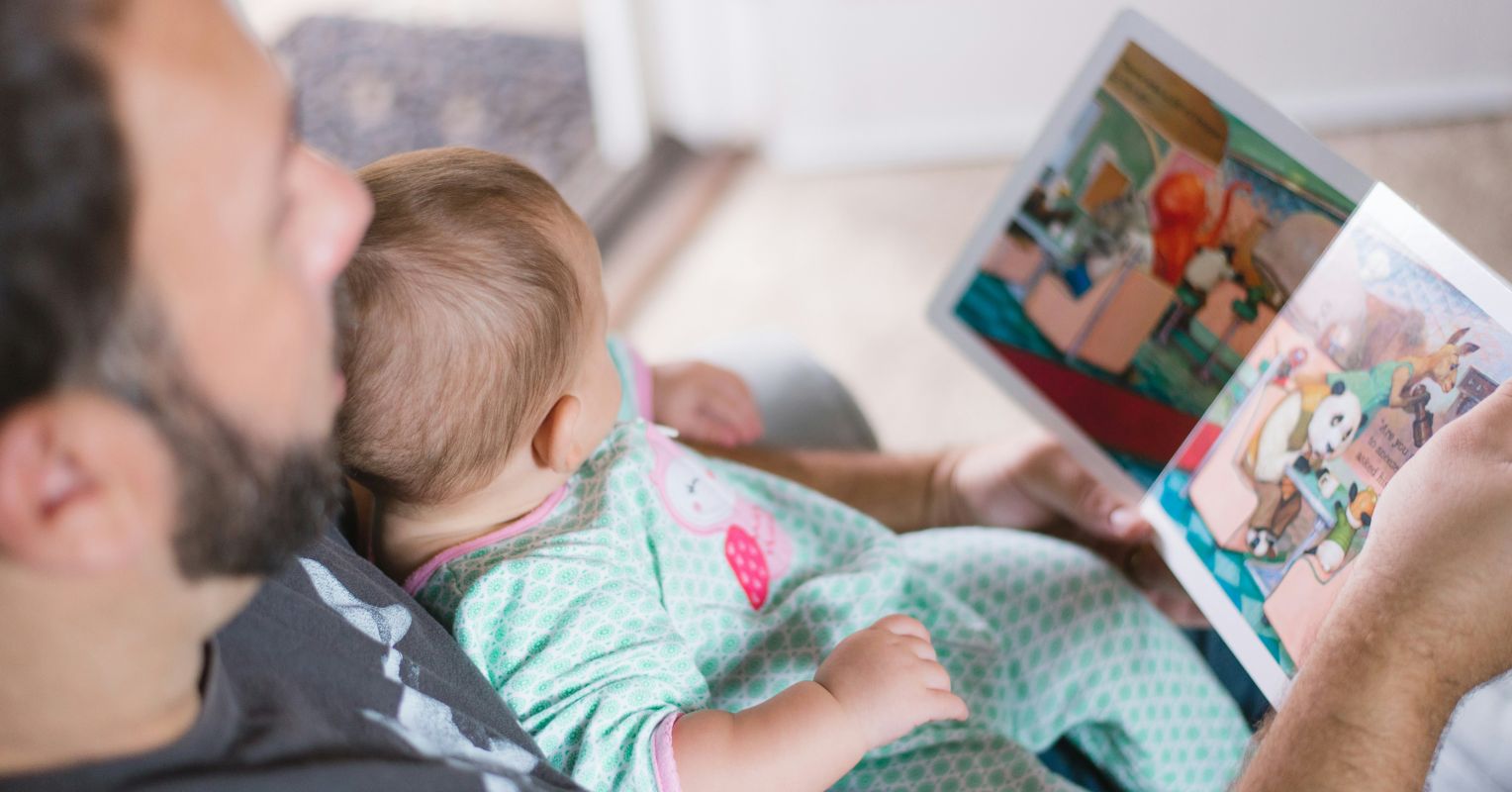970x125
I had unbelievable nausea my first trimester of pregnancy. As I opened the fridge and experienced the gut punch that was a wave of nausea in response to the smell of food, I hurled over and said, “This sucks. I can’t wait until I am out of this first trimester.”
“Just wait. You will miss just having nausea when you experience all of the pain of your third trimester.”
In my third trimester, my hips felt as though they were giving out, and every time I stood up, I experienced a sharp pain like someone was stabbing me in the top of my legs. As I reached for a couch to sit down, I caught my breath and said, “I am so sick of being pregnant. I can’t wait to have this baby.”
“Just wait. You think this is bad now? You have no idea how hard it is going to be when you have a newborn and don’t get to sleep for months.”
In Margot’s first few months, I could barely peel my eyes open. She cried for eight hours a day with no reprieve, and I went back to school to complete my Ph.D. after three weeks (we can talk more about that decision later). My hormones were in a frenzy, I was battling baby blues, and hadn’t gotten more than three hours of sleep in weeks. “I cannot wait for this newborn phase to be over. I am exhausted.”
“Just wait. You think this is hard? Enjoy it now because this is the easy part. She can’t walk yet. Just wait until she is a toddler.”
Margot is currently a toddler. Last week, she screamed at me from inside the grocery cart that if I didn’t buy her a toy at the store, she was going to take off all of her clothes in the middle of Target.
“Oh wow, she has some sass. Just wait until she is a teenager. Little kids have little problems. Just wait until they have big problems.”
Just wait. Just wait. Just wait.
The Hidden Meaning of “Just Wait”
This cautionary phrase is steeped in good intentions. The “Just Wait Crusaders” believe this statement demonstrates they are standing in solidarity with the parent who is struggling and that these warnings might prepare them for what is to come. If they can just warn you that the next stage of parenting is even more difficult than this one, maybe, just maybe, it will make the pain a bit more bearable. Maybe it can put this current difficulty in perspective for you.
In reality, “just wait” invalidates parents’ lived experiences and convinces them that complaining about their current stage of parenting is futile because what is to come can only be worse. The consequence? Our pleas for support are met with dismissal, shoving us deeper into silos and convincing us that parenting isn’t hard; we just aren’t doing it right.
What Parents Hear in the Phrase “Just Wait”
When I hear “Just wait,” what I hear is that I am not enough. I hear that no matter how hard it is, it can always be worse. “Just wait” communicates to me that I am not allowed to complain about the struggle. “Just wait” convinces me that there is never a reprieve from parenting and that I have signed up for a lifetime of difficulty I must remain in silence about.
Telling a parent to “Just wait” is like watching someone drowning in the ocean and reminding them that they are miles away from shore.
More seasoned parents may believe that “Just wait” provides a buoy in that analogy. In reality, the statement communicates to parents that they may as well stop swimming. Why tread water when you are so far from shore?
What Should We Say Instead?
If you want to stand in solidarity with a parent, what can you say instead?
One viral video about parenthood by Alexandra Dawson profoundly stated, “If you’re pregnant now, just wait until you get to hold your baby in your arms. Just wait until you wake up to their sweet face every morning. Just wait until they start smiling when they see you. Just wait until you know what it’s like to be somebody’s safe space.” (Gray, 2025).
Parenting Essential Reads
We may all consider taking a page out of Dawson’s playbook. If we want to support parents in the trenches, tell them about the beauty that lies ahead.
“You are nauseous in your first trimester? It is going to be so beautiful when you finally get to see that heartbeat.”
“I know the end of pregnancy is so tough. But you are so close to getting to hold your baby, and that moment is indescribable.”
“I know you are exhausted. The first few months are hard, but you will be so excited to see her smile soon.”
“She is so smart with her negotiations in this grocery cart. I can’t wait to see how brilliant she will be when she stands up for herself in middle school.”
Parents need empathy rather than sympathy. Brene Brown defines empathy as communicating that we “get it” and have been there before. “Just wait” communicates sympathy in the form of “I feel sorry for you.” Parents want to hear that someone understands their struggle, and it really just might be hard right now.
Reminding parents that things are only about to get harder takes away their agency to deal with the arduous experience that lies in front of them right now. It is detrimental to parental mental health, and we know that parents are struggling more now than they ever have in the past (Roeloffs, 2024).
So, next time you see a parent drowning, let them know they are only a few feet from shore.



